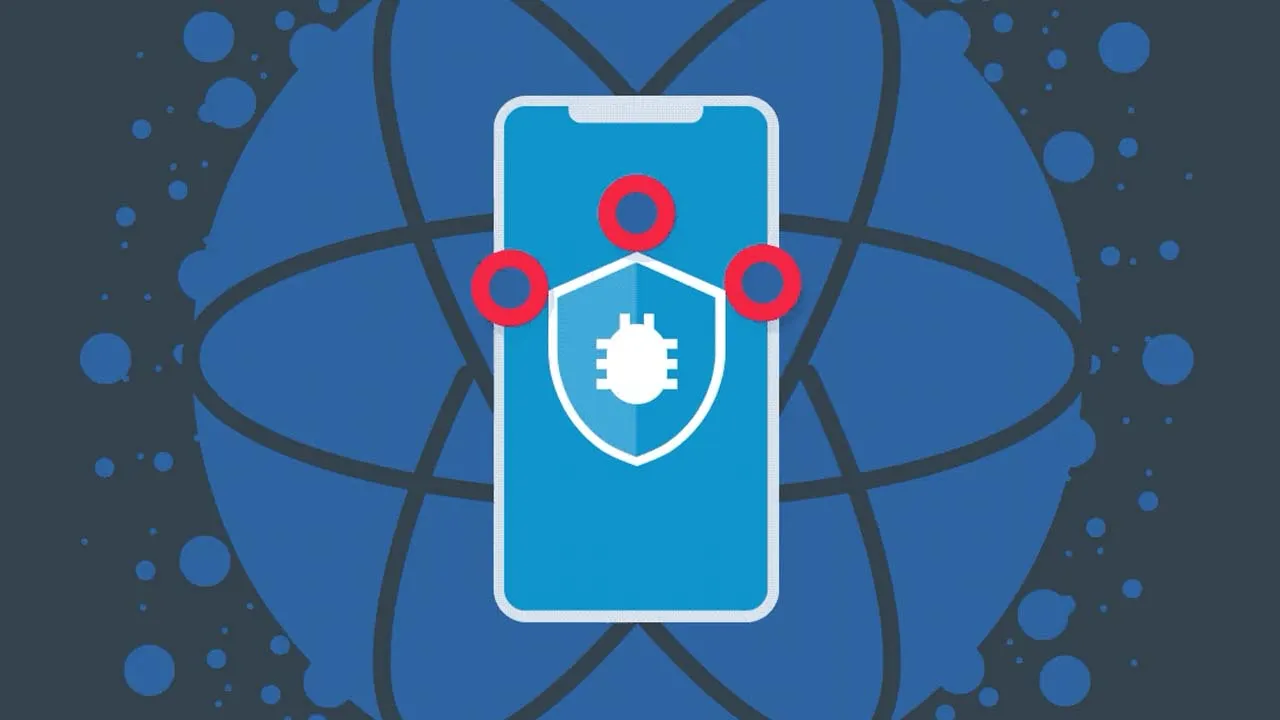React Native plugin for Bugfender
React Native plugin for Bugfender
Getting started
The Bugfender bindings for React Native depend on the native iOS and Android Bugfender SDKs.
Creating a RN new project compatible with Bugfender
You can create a new project using
$ npx react-native init AwesomeProject
or if you already started your project using the tool create-react-native-app you will need to eject your project in order to add native modules.
More info can be found in the official docs
Before moving to the next point compile the project and ensure you can execute. In this way, we can discard issues in the next steps.
Adding Bugfender to your project
Please note: if you’re using Expo for development, be sure to be using the “bare workflow”.
$ cd path_to_your_project
1. Add the bugfender plugin from npm
$ npm install @bugfender/rn-bugfender --save
If you want to use cocoapods (recommended), skip the step 2 and go to the step 3B. For manual installation, proceed with the steps 2 and 3A.
2. Link to your project
// Add the classes of the plugin to your android and iOS projects
$ npx react-native link @bugfender/rn-bugfender`
Android
You are done!
iOS
3A. Manual installation
Download the latest release from Github and copy BugfenderSDK.framework to YourAwesomeProjectDirectory/ios (same directory as AwesomeProject.xcodeproj). Then, follow the instructions to setup your project manually:
-
Go to your Project > Your Target > General > Linked Frameworks and Libraries and drag
BugfenderSDK.frameworkthere (uncheck the “Copy items if needed” checkbox). -
Make sure you have linked
SystemConfiguration.framework,Security.framework,MobileCoreServices.frameworkandlibc++.tbdas well. -
If you are using Swift, add the Bugfender.swift helper file to your project.
3B. Cocoapods (recommended)
- Ensure your iOS project contains a Podfile, otherwise you need to add it now:
$ cd path_to_your_project/ios
$ pod init
- Link your project:
// Add the classes of the plugin to your android and iOS projects
$ npx react-native link @bugfender/rn-bugfender`
Make sure you’re targeting at least iOS platform version 10 (specify platform :ios, '10.0').
A new line should have been added automatically to your Podfile:
pod 'RNBugfender', :path => '../node_modules/@bugfender/rn-bugfender'
- After configuring the podfile you can now go to the console and run
$ pod install
When the installation has finished you should be able to run your project in iOS and Android.
Remember that you should be using the Xcode workspace instead of the xcodeproj file from now on.
Important: the podspec of RNBugfender declares React as a dependency. Your Podfile must explicitly override that React dependency. Like this:
pod 'React', path: '../node_modules/react-native'
If you created your project with the react-native cli from React Native 0.60 or newer your podfile should be already prepared. For older versions of react-native you must ensure to override it. Otherwise, cocoapods will download and install a new version in your iOS folder and you will end up with all the React libraries duplicated.
At the end of this document you can find a recommended podfile. You can use it as an example.
If you have any problems compiling or executing, try our Troubleshooting section at the end of this document.
RNBugfender Usage
import Bugfender from '@bugfender/rn-bugfender';
// Init Bugfender with your APP key
Bugfender.init("your_app_key");
// Sending logs with default level
Bugfender.d ("REACT", "This is a debug log in Bugfender from React Native");
// Sending logs with warning level
Bugfender.w ("REACT", "This is a debug log in Bugfender from React Native");
// Sending logs with error level
Bugfender.e ("REACT", "This is a debug log in Bugfender from React Native");
// Low level logs
Bugfender.log (1001, "method", "file", "Debug", "tag", "Sending low level log.");
Bugfender.log (1001, "method", "file", "Error", "tag", "Sending low level log.");
Bugfender.log (1001, "method", "file", "Warning", "tag", "Sending low level log.");
// Creating issues
Bugfender.sendIssue ("New issue", "This will create a new issue in Bugfender");
// Send user feedback
Bugfender.sendUserFeedback ("New feedback", "This will create a new feedback in Bugfender");
// Set values
Bugfender.setDeviceString ("device.key.string", "fake.string.value");
Bugfender.setDeviceBoolean ("device.key.boolean", true);
Bugfender.setDeviceFloat ("device.key.float", 101);
Bugfender.setDeviceInteger ("device.key.integer", 102);
Cocoapods Troubleshooting
We did our best to create a installation process that worked for most of the users. However, the React Native configuration can be tricky sometimes.
Most of the issues are related to the high number of dependencies and the compatibility between them. As every project is different and has different needs it’s difficult to provide a magic receipt that can work out of the box, however we find out that the following Podfile compiles and run correctly most of the time. You can use it as a basis to experiment and find a configuration that works for you.
Recommended Podfile
platform :ios, '9.0'
target 'SampleProject' do
# Comment the next line if you don't want to use dynamic frameworks
use_frameworks!
# Pods for SampleProject
pod 'AFNetworking'
# Add new pods below this line
pod 'RNBugfender', :path => '../node_modules/@bugfender/rn-bugfender'
rn_path = '../node_modules/react-native'
pod 'yoga', path: "#{rn_path}/ReactCommon/yoga"
pod 'Folly', :podspec => '../node_modules/react-native/third-party-podspecs/Folly.podspec'
pod 'React', path: rn_path, subspecs: [
'Core',
'CxxBridge',
'DevSupport',
'RCTActionSheet',
'RCTAnimation',
'RCTGeolocation',
'RCTImage',
'RCTLinkingIOS',
'RCTNetwork',
'RCTSettings',
'RCTText',
'RCTVibration',
'RCTWebSocket',
]
end
If you are not able to get your project working you can still try to add RNBugfender with the Manual Installation or to open an issue in Github and maybe we can help you.
Happy debugging!
Download Details:
Author: bugfender
Source Code: https://github.com/bugfender/rn-bugfender
#react #react-native #mobile-apps
